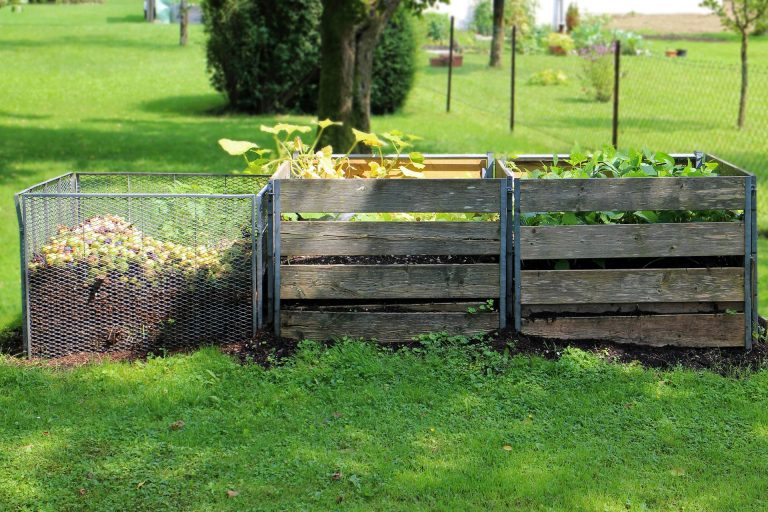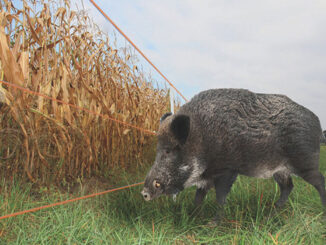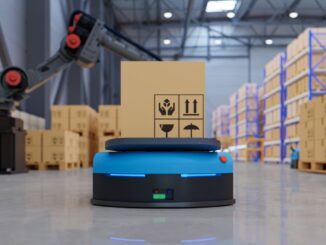
A real gardener of course has a compost heap somewhere in his garden and not without reason: branches, leaves and other green waste are not thrown away, but recycled. The more colourful the mixture, the better the quality – you will hardly find a better fertilizer.
If you also want to make use of such a natural fertilizer, you should first find the right place to plant your compost heap. Choose a suitable spot in the garden, preferably not in direct sunlight and perhaps a little off the beaten track, as unpleasant odours and gas pollution can occur during processing.
Once you have your heap, you can start composting.
Composting 101: Mix and Choose Carefully
Before you receive your first compost soil after a little more than half a year, the composting process must first be set in motion. When composting, make sure that you have a good mixture, i.e. give the compost moist, dense garden waste such as lawn cuttings or leaves in equal parts with dry material such as cardboard or newspaper. In general, the compost should never be too damp, which is especially important in winter.
In order for composting to work and for you to actually do something good for your plants, you should follow a few clear rules. You can compost raw fruit and vegetables, eggshells, newspapers or cardboard, plants and pet manure – but no mineral cat litter or similar. On the other hand, you can’t use cooked food, meat (including bone and leather), proteins such as eggs, soybeans and beans, citrus fruits and peels as well as pineapple and banana peels, nut shells, mouldy or fungus-infested plants, barbecue coal residues and cigarette residues, and coloured or glossy paper.
Be Patient and Use the Right Dosage
Fresh compost has a good and gentle fertilizing effect. However, old compost – matured for up to two years – remains longer in the soil because it contains grey or black humic acids, which are broken down very slowly and only then help the plants to thrive. This permanent humus also has a positive effect on the soil structure for many years and improves soil fertility. If you absolutely want to improve your soil in a permanent way, you should therefore prefer the conventional compost heap to the quick composter.
Once you have your compost ready, you can start taking care of your soil. Anyway, you must remember not to overdo it, because you can also overfertilise your soil with compost. As a rule of thumb, a small bucket full of compost (approx. 5 kg) every two years is enough for one square metre.








